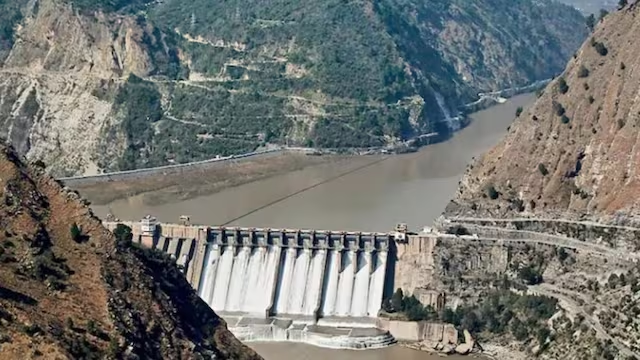Pakistan is preparing to launch international legal action against India following the suspension of the Indus Waters Treaty, a decades-old water-sharing agreement brokered by the World Bank. The development comes amid rising tensions between the two nuclear-armed neighbors after a deadly attack in Indian-administered Kashmir.
Aqeel Malik, Pakistan’s Minister of State for Law and Justice, told Reuters that Islamabad is exploring at least three legal options, including filing a case with the World Bank, the treaty’s original facilitator. Other options include appealing to the Permanent Court of Arbitration and the International Court of Justice (ICJ) in The Hague, potentially citing a violation of the 1969 Vienna Convention on the Law of Treaties.
“Legal strategy consultations are almost complete,” Malik stated. “A final decision will be made soon, and we may pursue more than one legal path.”
India recently suspended its participation in the treaty, claiming it will not resume until Pakistan “credibly and irrevocably” ends support for cross-border terrorism. The move followed an attack in Kashmir that left 26 people dead—India alleges two of the attackers were Pakistani nationals, a claim Islamabad firmly denies.
Pakistan, in response, has suspended all trade with India and closed its airspace to Indian airlines, while warning that any attempt to block or divert its share of river waters would be regarded as an “act of war.”
The Indus Waters Treaty, signed in 1960, governs the distribution of water from the Indus River and its tributaries. It is vital to Pakistan, as the waters account for about 80% of its irrigated agriculture and hydropower needs. Remarkably, the treaty has survived several wars and prolonged periods of hostility between the two nations.
Malik also mentioned a fourth diplomatic option: raising the matter at the United Nations Security Council, reinforcing Pakistan’s intention to exhaust all available legal and diplomatic channels.
“The treaty cannot be suspended unilaterally. There is no such provision within its framework,” Malik emphasized.
Meanwhile, Indian officials have remained largely silent, though Kushvinder Vohra, former head of India’s Central Water Commission, commented that India’s actions are defensible under the treaty’s terms, which allow limited use of Pakistan-allocated rivers for hydropower projects without major water storage.
As legal and diplomatic pressure builds, the crisis could have serious implications for regional stability and for farmers already grappling with climate-driven water shortages.
Discover more from LN247
Subscribe to get the latest posts sent to your email.


